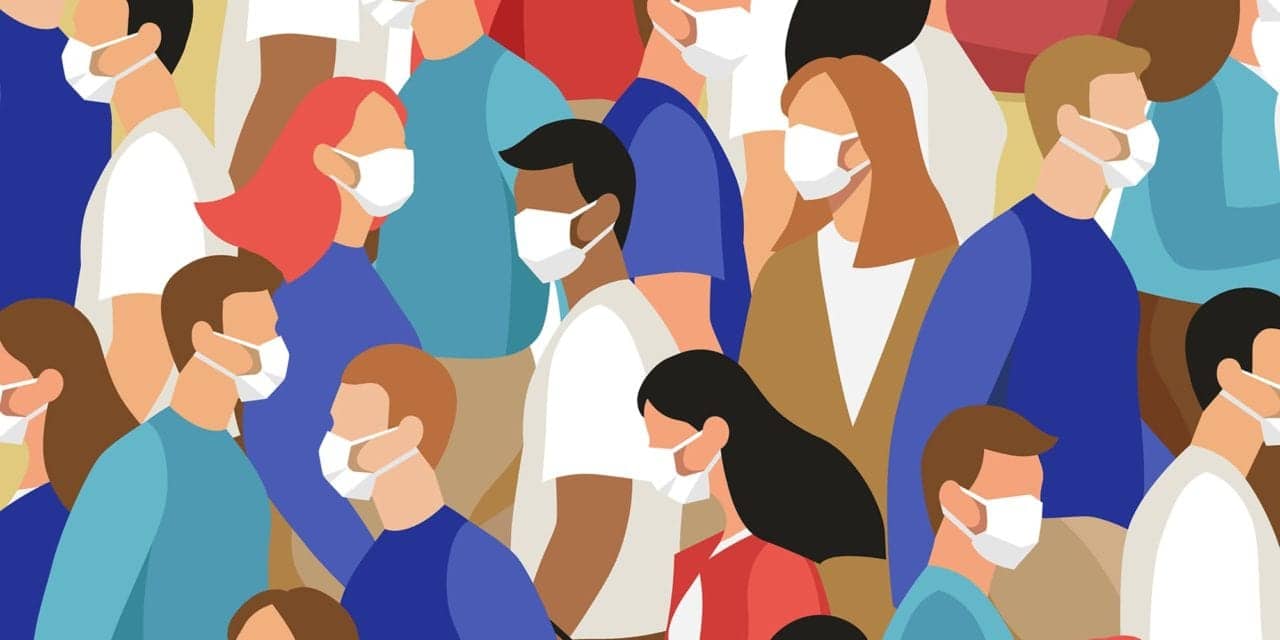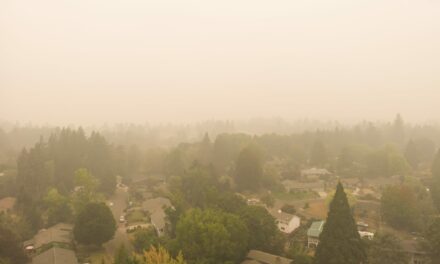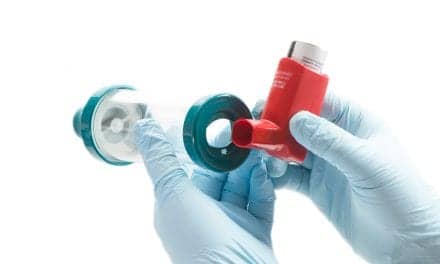A joint statement from the nation’s preeminent respiratory societies emphasizes the importance of wearing masks and face coverings to prevent transmission of COVID-19.
Four organizations — the American College of Chest Physicians (Chest), American Lung Association (ALA), American Thoracic Society (ATS), and COPD Foundation (COPDF) — released the following statement in response to the CDC recommendation for facial coverings to be worn in public settings during the coronavirus disease (COVID-19) pandemic:
“During the COVID-19 pandemic, masks are recommended by the CDC to decrease the risk of spread of the virus, in particular by asymptomatic individuals who may be transmitting viral particles via respiratory droplets when they cough, sneeze, sing, talk and even breathe. Facial coverings recommended by the CDC are to protect others, not the wearer.
“N95 masks, which are much tighter fitting, are currently reserved for healthcare workers in high-risk environments where droplet and aerosol exposure are likely to occur from infected patients. The general public should not be using N95 masks so as not to deplete this resource for frontline workers. The public should also avoid use of N95 masks with outlet valves or marked KN as they may not be fully protective.
“There are limited studies analyzing the effects of wearing facial coverings on the wearer’s oxygen level (commonly measured via a pulse oximeter reading) or carbon dioxide levels. Studies that have been done are primarily on heavy-duty N95 masks where there is a statistically insignificant percentage drop in oxygen levels and an even smaller increase in carbon dioxide levels noted among healthcare workers using masks for prolonged periods of time. There is no clinical evidence of harm.
“Individuals with normal lungs and even many individuals with underlying chronic lung disease should be able to wear a non-N95 facial covering without affecting their oxygen or carbon dioxide levels.
“However, we are aware there may be individuals who for a variety of reasons are unable to tolerate breathing with a facial covering in place and will seek an exemption from their physician. The decision to give this exemption should be at the discretion of the treating physician. However, the individual’s concerns should be weighed against societal needs to mitigate spread of the virus. In some instances, physician reassurance regarding the safety of the facial coverings may be all that is needed. Trying a variety of facial covering types may improve tolerability. Before giving exemptions for facial coverings, physicians and patients should consider the following:
- “The role of the facial coverings as a component of mitigation, along with social distancing, to decrease the spread of COVID-19 is a public health priority.
- There are multiple facial covering options that may be more comfortable than others. Something is likely better than nothing when intolerant of certain facial coverings. Though face masks and face shields should not be viewed interchangeably, available data suggest face shields can reduce the amount of inhalation exposure to another droplet-spread respiratory virus, namely influenza.
- The use of N95 masks should be discouraged and they should be reserved for frontline workers, except for select immunocompromised patients who should discuss this need with their physicians. Even for these patients, physical distancing should be observed and should be the mainstay of self protection.
- If the individual is given an exemption for facial coverings, there is still the chance for confrontation or challenge by individuals or workplaces that mandate the use of coverings.
- All patients, and especially those with severe lung disease, should remember that the best way to avoid getting COVID-19 is to maintain strict physical distancing, along with frequent handwashing.”










